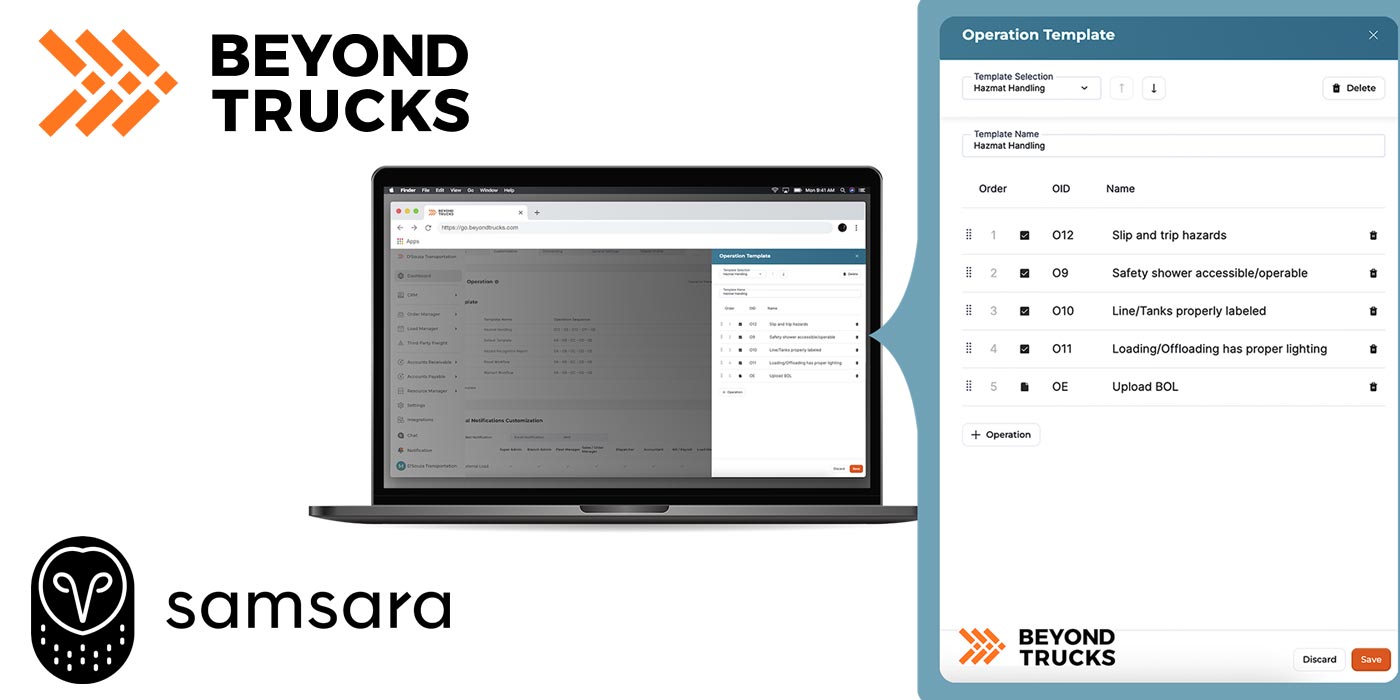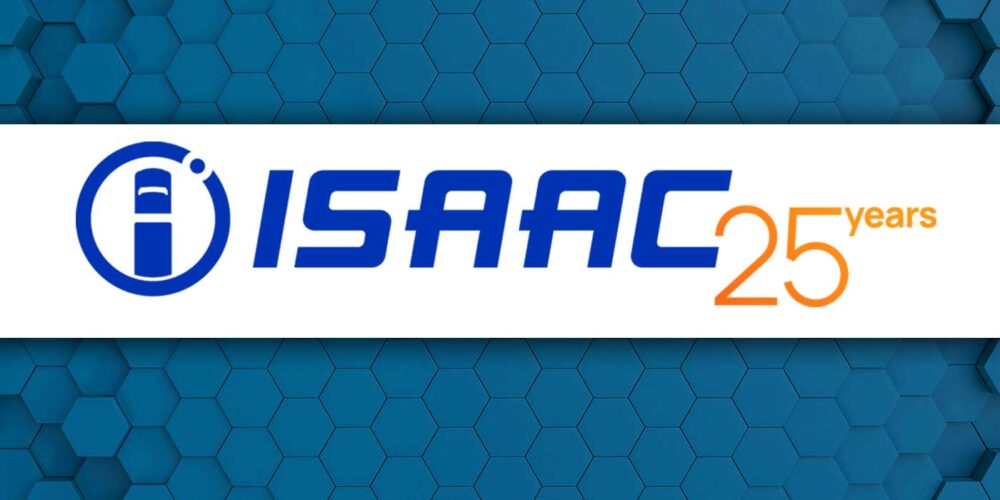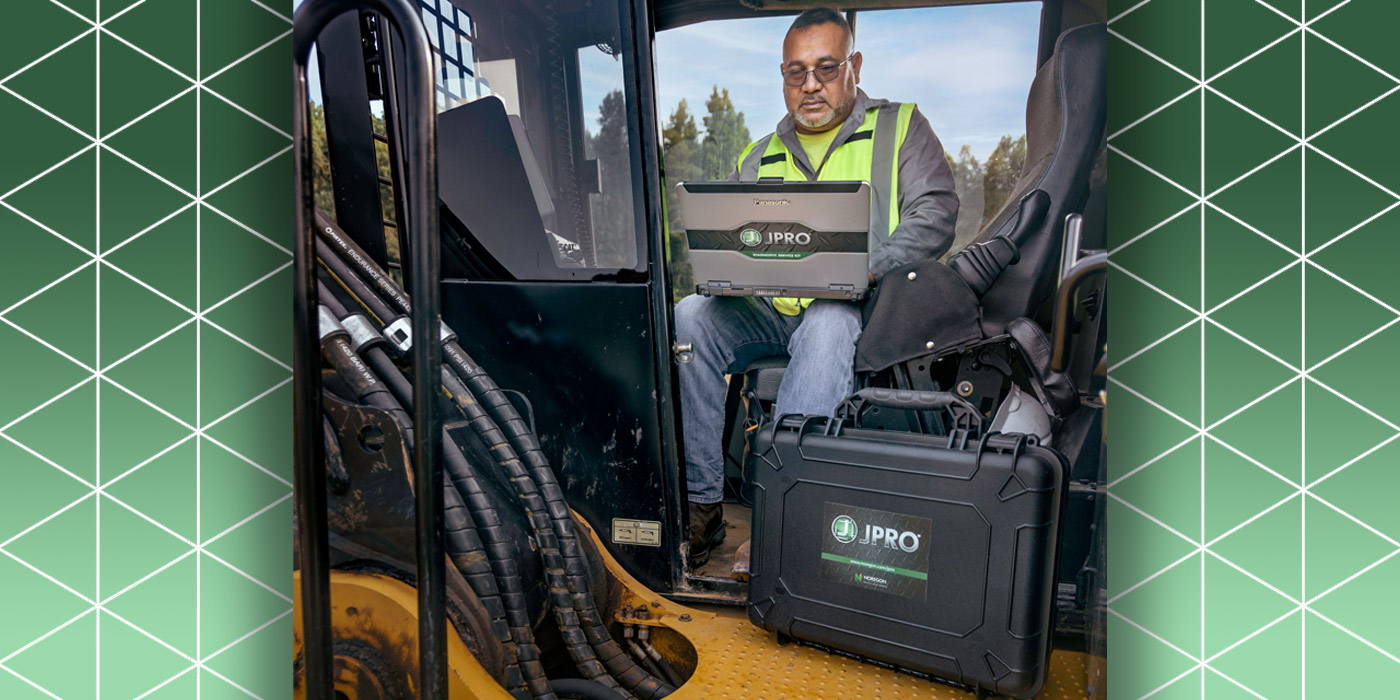The early parts of 2020, fueled by the COVID-19 pandemic, wreaked havoc on the economy, including many aspects of the trucking industry. One segment that escaped this economic fate was last mile delivery, which, fueled by people staying home and the resulting growth in e-commerce, continued to become a more prevalent segment of the industry in 2020.
To learn more about this ongoing trend, FE spoke with Khaled Naim, CEO and co-founder of Onfleet, which is a provider of last mile delivery fleet management software; here is what he had to say.
Do you see the last-mile delivery trends of 2020 continuing in 2021—namely, increased delivery traffic from online shopping, grocery stores, etc.?
KN: Yes! Reflecting on our own data trends in this category in 2020, we saw that grocery delivery increased early, and continued to grow through the year. Retailers, such as the purveyors of flowers and gifts, decreased initially but then escalated as the pandemic went on past the summer. In other areas, unsurprisingly B2B food delivery took a big drop in March and hasn’t recovered.

What does this mean for the trucking industry—will more vehicles be required, and if so what kinds?
KN: We foresee an increase in vehicles needed, across the board, though with technology, the increase in demand should not be matched by an increase in cost. The introduction of vaccines will highlight the importance of cold chain storage and the importance of complex supply chain operations. As delivery becomes a critical and larger channel for almost all consumers, retailers will benefit by augmenting their fleets with new vehicles as well as outsourced ones to meet demand during peak times. As customers seek a reduced carbon footprint from retailers, fleet operators would be advised to explore electric vehicles, better route management strategies, and adding technology to their delivery operations to save money. Customers will also look to learn their retailers are focusing on these initiatives.
Will this mean increased maintenance and service as well?
KN: With smart route optimization and better analytics and customer/driver communications, fleet managers should see a decrease in maintenance and service fees. As drivers and customers are more informed, and dispatchers can ensure optimal plans, efficiencies are there to be gained by investing better technology and oversight.













